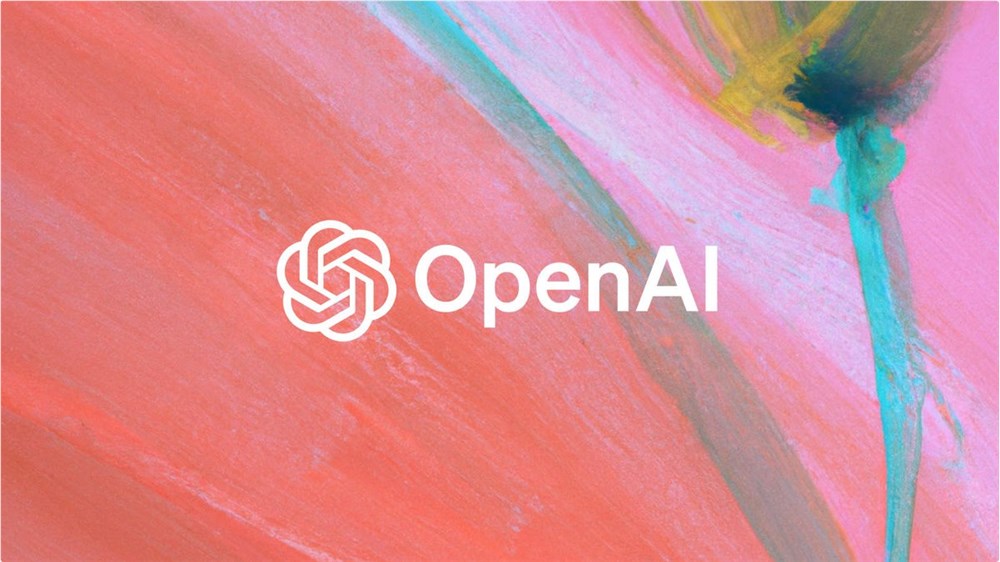OpenAI has had frequent personnel changes recently, injecting new vitality into the company's development. The editor of Downcodes will take you through OpenAI’s latest executive appointments and their impact on the company’s future strategic planning.
Recently, OpenAI announced an important personnel appointment. Aaron Chatterji, the former chief economist of the U.S. Department of Commerce, became the company’s first chief economist.
The former economist who worked under President Joe Biden will provide an economic perspective to OpenAI's research, focusing on the impact of artificial intelligence (AI) on economic growth and job prospects.

Chatterjee not only has an extensive background in government work, he also served as a senior economist on President Barack Obama's Council of Economic Advisers. In addition, he is also a professor of business and public policy at Duke University, with a strong academic foundation and practical experience. After joining OpenAI, he will lead the team to conduct in-depth research on how AI plays a role in the economic field and explore the opportunities and challenges it may bring.
It is worth mentioning that Chatterjee played a key role in the formulation of the US "CHIP Act" in 2022, which authorized approximately US$280 billion in funds for the research and development of US computer chips. His knowledge of the project and connections in politics will provide valuable support to OpenAI’s chip design efforts.
In addition to Chatterjee, OpenAI also hired Scott Schools as chief compliance officer that day. He served as the U.S. Deputy Assistant Attorney General and Uber's head of compliance. Schools will coordinate legal requirements and ethical standards among OpenAI's board of directors and various teams to ensure that the company adheres to relevant regulations while growing rapidly.
This executive appointment shows that OpenAI is committed to finding a better balance between technological development and compliance and economic research to lay a solid foundation for future development. As AI technology develops rapidly, it will be particularly important to understand its economic impact, and these new initiatives from OpenAI will undoubtedly add impetus to the realization of this goal.
Highlight:
1. OpenAI appointed Aaron Chatterjee, former chief economist of the Department of Commerce, as its first chief economist to focus on the economic impact of AI.
2. ? Chatterjee played a key role in the formulation of the "Chip Act" and contributed to OpenAI's efforts in chip design.
3. On the same day, OpenAI also appointed Scott Schools as chief compliance officer to strengthen legal and ethical compliance management.
OpenAI's new appointment shows its emphasis on the economic impact and compliance of AI, which indicates that the company will pay more attention to sustainability and social responsibility in future development, setting a good example for the healthy development of the artificial intelligence industry.